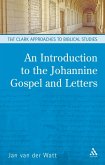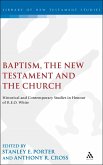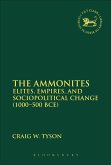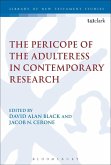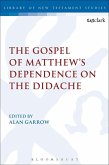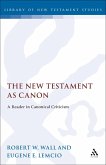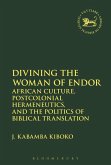This volume presents a collection of essays aimed at further integration of literary analysis in the study of the Hebrew Bible. In three sections, Bodner studies a range of texts in order to illustrate that literary analysis has value for exploring numerous issues in the discipline, including text-critical problems, the Deuteronomistic History, and Chronicles.
Beginning with a discussion of how literary analysis is a vital, yet neglected, component of textual criticism, Bodner then offers a sustained engagement with one particular section of the Hebrew Bible, the so-called "ark narrative" of 1 Samuel 4-6. Other areas of the Hebrew Bible are subsequently explored, including a sample of the historiographic material in the Deuteronomistic History and a lengthy text from the book of Proverbs. Part four turns to the often neglected books of 1 & 2 Chronicles, illustrating how the Chronicler's work is a congenial site for literary study. The assembled essays petition for a heightened awareness of the artistic achievement of the Hebrew Bible and illustrate that literary thinking is a necessary component for biblical interpretation.
Beginning with a discussion of how literary analysis is a vital, yet neglected, component of textual criticism, Bodner then offers a sustained engagement with one particular section of the Hebrew Bible, the so-called "ark narrative" of 1 Samuel 4-6. Other areas of the Hebrew Bible are subsequently explored, including a sample of the historiographic material in the Deuteronomistic History and a lengthy text from the book of Proverbs. Part four turns to the often neglected books of 1 & 2 Chronicles, illustrating how the Chronicler's work is a congenial site for literary study. The assembled essays petition for a heightened awareness of the artistic achievement of the Hebrew Bible and illustrate that literary thinking is a necessary component for biblical interpretation.



